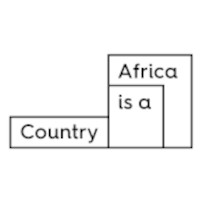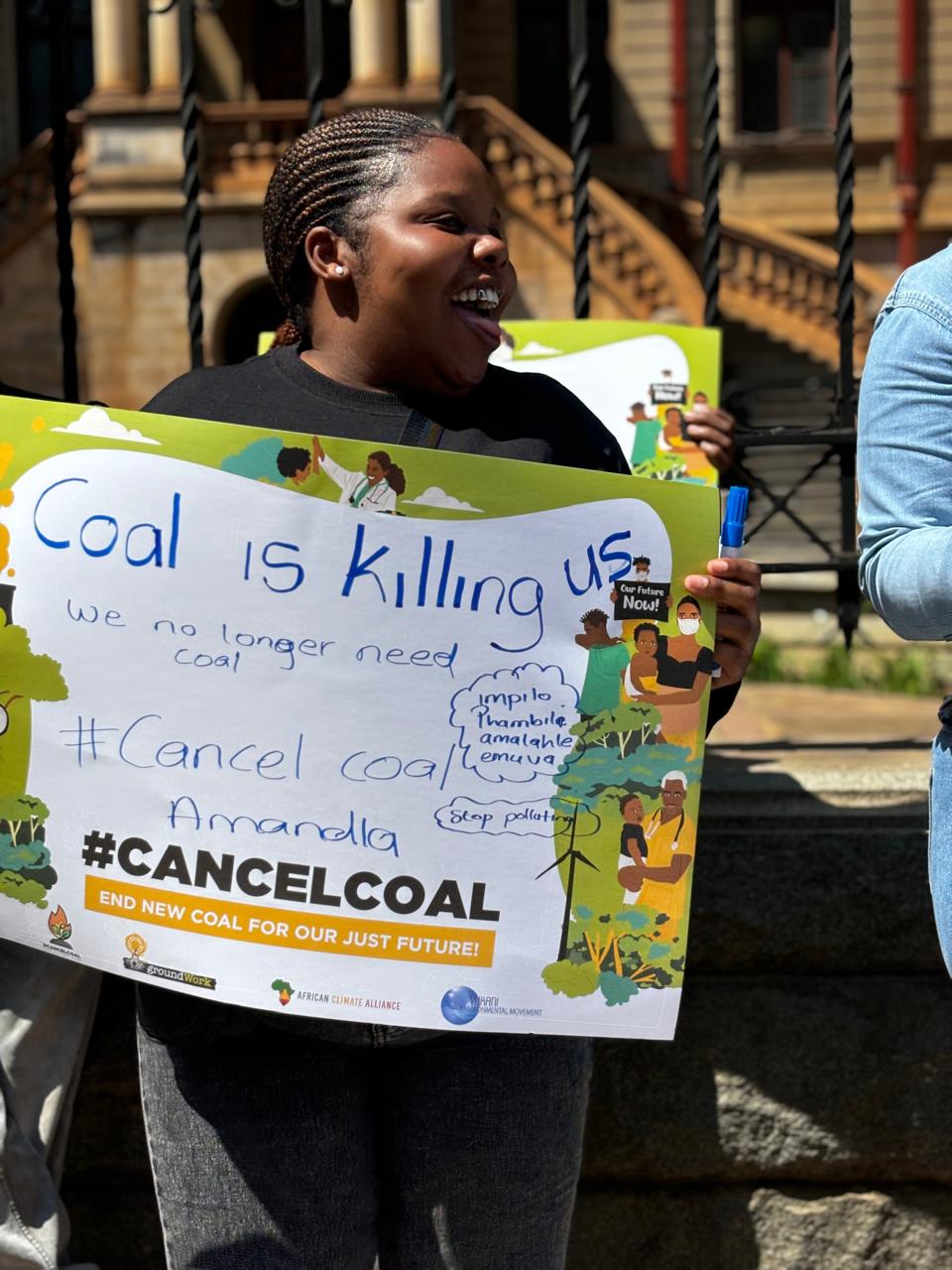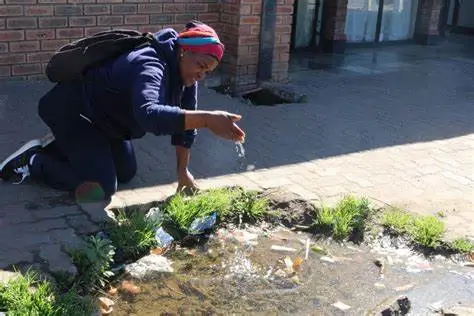Kenya is one of Israel’s closest allies in Africa. But the Ruto-led government isn’t alone in silencing pro-Palestinian speech.
Image courtesy of Kenyans4Palestine © 2023.
by Makena Maganjo – Israel has been committing genocide against the people of Occupied Palestine for 75 years and this has intensified over the last 30 days with the merciless carpet bombing of Gaza, along with raids and state-sanctioned settler violence in the West Bank. In the last month of this intensified genocide, the Kenyan government has pledged its solidarity to Israel, even as the African Union released a statement in support of Palestinian liberation. While peaceful marches have been successfully held in Kisumu and Mombasa, in Nairobi, Palestine solidarity organizers were forced to cancel a peaceful march that was to be held at the US Embassy on October 22. Police threatened that if they saw groups of more than two people outside the Embassy, they would arrest them. The march was moved to a private compound, Cheche Bookshop, where police still illegally arrested three people, one for draping the Palestinian flag around his shoulders. Signs held by children were snatched by these same officers.
When Boniface Mwangi took to Twitter denouncing the arrest, the response by Kenyans spoke of the success of years of propaganda by Israel through Kenyan churches. To the Kenyan populous, Palestine and Palestinians are synonymous with terrorism and Israel’s occupation of Palestine is its right. However, this Islamophobia and xenophobia from Kenyans did not spring from the eternal waters of nowhere. They are part of the larger US/Israel sponsored and greedy politician-backed campaign to ensure Kenyans do not start connecting the dots on Israel’s occupation of Palestine with the extra-judicial killings by Kenyan police, the current occupation of indigenous people’s land by the British, the cost-of-living crisis and the IMF debts citizens are paying to fund politician’s lavish lifestyles.
Kenya’s repression of Palestine organizing reflects Kenya’s long-standing allyship with Israel. The Kenyan Government has been one of Israel’s A-star pupils of repression and is considered to be Israel’s “gateway” to Africa. Kenya has received military funding and training from Israel since the 60s, and our illegal military occupation of Somalia has been funded and fueled by Israel along with Britain and the US. Repression, like violence, is not one dimensional; repression does not just destabilize and scatter organizers, it aims to break the spirit and replace it instead with apathy, or worse, a deep-seated belief in the rightness of oppression. In Israel’s architecture of oppression through repression, the Apartheid state has created agents of repression across many facets of Kenyan life, enacting propaganda, violence, race, and religion as tools of repression of Palestine solidarity organizing.
When I meet with Naomi Barasa, the Chair of the Kenya Palestine Solidarity Movement, she begins by placing Kenya’s repression of Palestine solidarity organizing in the context of Kenya as a capitalist state. “Imperialism is surrounded and buffered by capitalistic interest,” she states, then lists on her fingers the economic connections Israel has created with Kenya in the name of “technical cooperation.” These are in agriculture, security, business, and health; the list is alarming. It reminds me of my first memory of Israel (after the nonsense of the promised land that is)—about how Israel was a leader in agricultural and irrigation technologies. A dessert that flowed with milk and honey.
Here we see how propaganda represses, even before the idea of descent is born: Kenyans born in the 1990s grew up with an image of a benign, prosperous, and generous Christian Israel that just so happened to be unfortunate enough to be surrounded by Muslim states. Israel’s PR machine has spent 60 years convincing Kenyan Christians of the legitimacy of the nation-state of Israel, drawing false equivalences between Christianity and Zionism. This Janus-faced ideology was expounded upon by Israel’s ambassador to Kenya, Michel Lotem, when he said “Religiously, Kenyans are attached to Israel … Israel is the holy land and they feel close to Israel.” The cog dizzy of it all is that Kenyan Christians, fresh from colonialism, are now Africa’s foremost supporters of colonialism and Apartheid in Israel. Never mind the irony that in 1902, Kenya was the first territory the British floated as a potential site for the resettlement of Jewish people fleeing the pogroms in Europe. This fact has retreated from public memory and public knowledge. Today, churches in Kenya facilitate pilgrimages to the holy land and wield Islamophobia as a weapon against any Christian who questions the inhumanity of Israel’s 75-year Occupation and ongoing genocide.
Another instrument of repression of pro-Palestine organizing in Kenya is the pressure put on Western government-funded event spaces to decline hosting pro-Palestine events. Zahid Rajan, a cultural practitioner and organizer, tells me of his experiences trying to find spaces to host events dedicated to educating Kenyans on the Palestinian liberation struggle. He recalls the first event he organized at Alliance Français, Nairobi in 2011. Alliance Français is one of Nairobi’s cultural hubs and regularly hosts art and cultural events at the space. When Zahid first approached Alliance to host a film festival for Palestinian films, they told him that they could not host this event as they already had (to this day) an Israeli film week. Eventually, they agreed to host the event with many restrictions on what could be discussed and showcased. Unsurprisingly they refused to host the event again. The Goethe Institute, another cultural hub in Kenya that offers its large hall for free for cultural events, has refused to host the Palestinian film festival or any other pro-Palestine event. Both Alliance and Goethe are funded by their parent countries, France and Germany respectively (which both have pro-Israel governments). There are other spaces and businesses that Zahid has reached out to host pro-Palestine education events that have, in the end, backtracked on their agreement to do so. Here, we see the evolution of state-sponsored repression to the private sphere—a public-private partnership on repression, if you will.
Kenya’s members of parliament took to heckling and mocking as a tool of repression when MP Farah Maalim wore an “Arafat” to Parliament on October 25. The Speaker asked him to take it off stating that it depicted “the colors of a particular country.” When Maalim stood to speak he asked: “Tell me which republic,” and an MP in the background could be heard shouting “Hamas” and heckling Maalim, such that he was unable to speak on the current genocide in Gaza. This event, seen in the context of Ambassador Michael Lotem’s charm offensive at the county and constituency level, is chilling. His most recent documented visit was to the MP of Kiharu, Ndindi Nyoro, on November 2. The Israeli propaganda machine has understood the importance of County Governors and MPs in consolidating power in Kenya.
Yet, in the face of this repression, we have seen what Naomi Barasa describes as “many pockets of ad hoc solidarity,” as well as organized solidarity with the Palestinian cause. We have seen Muslim communities gather for many years to march for Palestine, we have seen student movements such as the Nairobi University Student Caucus release statements for Palestine, and we have seen social justice centers such as Mathare Social Justice Centre host education and screening events on Palestinian liberation. Even as state repression of Palestine solidarity organizing has intensified in line with the deepening of state relations with Apartheid Israel, more Kenyans are beginning to connect the dots and see the reality that, as Mandela told us all those years ago, “our freedom is incomplete without the freedom of Palestinians.”






